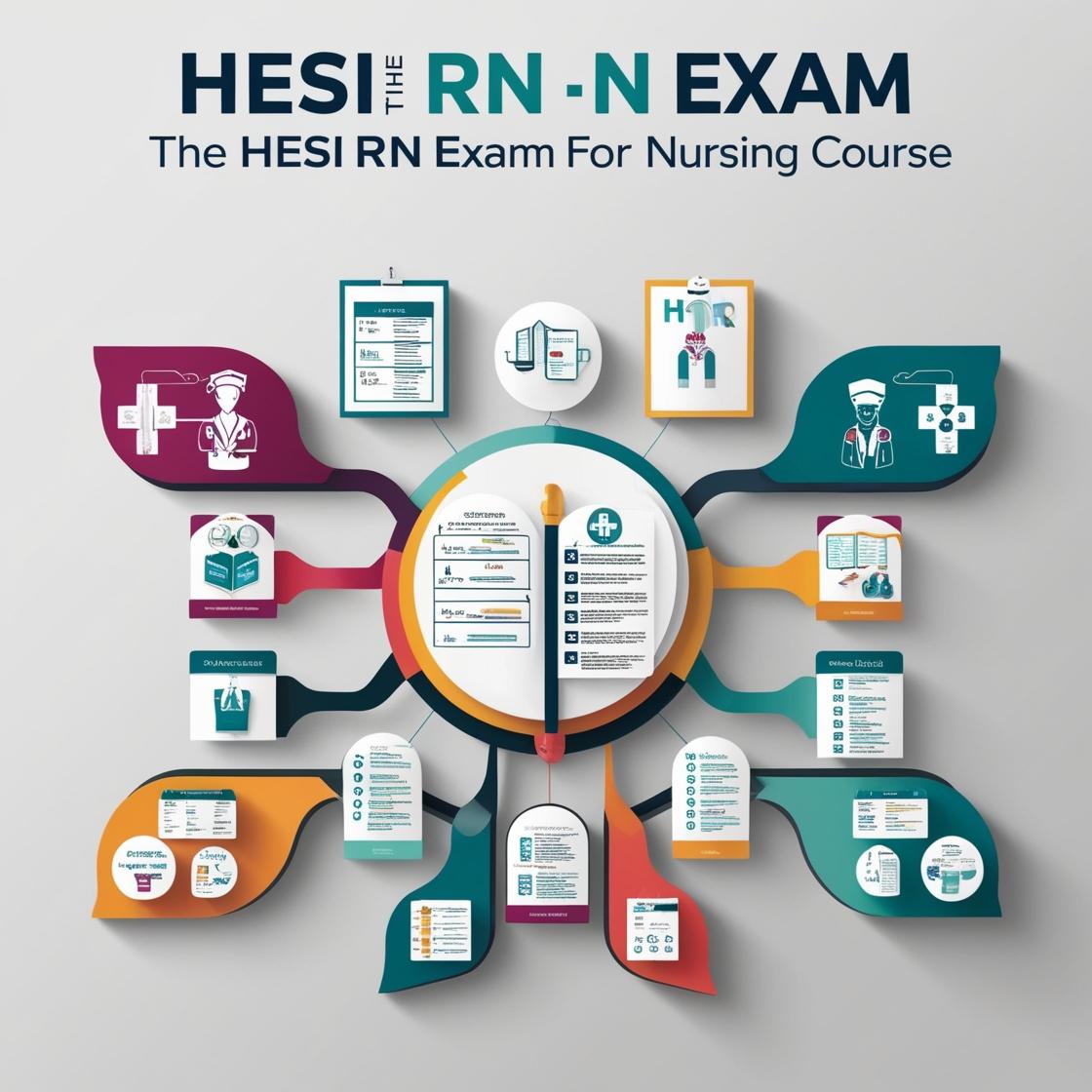HESI RN
Reproductive Health Exam
1. Which component of reproductive health ensures the provision of quality reproductive health services at all levels of the health care system?
- A. Safe motherhood
- B. Adolescent health and development
- C. Health service delivery
- D. Reproductive health information
Correct answer: C
Rationale: Health service delivery is the component of reproductive health that specifically focuses on ensuring the provision of quality reproductive health services at all levels of the healthcare system. While safe motherhood and adolescent health are important aspects of reproductive health, they do not directly address the quality of health services delivery. Reproductive health information, although crucial, is not the component responsible for ensuring the quality of services provided.
2. To minimize unsafe abortions, IRH has strengthened:
- A. The termination of pregnancy act
- B. The post-abortion care and counseling services
- C. The gender and violence unit of the police services
- D. The empowerment of all women who want to abort
Correct answer: B
Rationale: Post-abortion care and counseling services are crucial in reducing unsafe abortions by providing support, medical care, and guidance to individuals who have undergone abortions, ensuring their physical and emotional well-being. Strengthening the termination of pregnancy act (Choice A) might focus more on the legal aspects rather than the healthcare services needed post-abortion. The gender and violence unit of the police services (Choice C) is important for addressing gender-based violence but not directly related to reducing unsafe abortions. Empowering all women who want to abort (Choice D) is a broad concept that may not specifically address the need for comprehensive post-abortion care and counseling services.
3. Why is it important to involve both men and women in many aspects of the RH program?
- A. Promote responsible and caring attitudes and behavior for the benefit of all
- B. Prevent abuse of pregnant women
- C. Minimize sexually transmitted diseases
- D. Promote love and care among couples
Correct answer: A
Rationale: Involving both men and women in the RH program is crucial to promote responsible and caring attitudes and behavior for the benefit of all. This inclusive approach ensures that diverse perspectives are considered, leading to better outcomes and fostering a sense of shared responsibility. While preventing abuse of pregnant women is important, it is just one aspect of the broader goal of promoting overall well-being. Similarly, minimizing sexually transmitted diseases is crucial but not the sole reason for involving both genders. Promoting love and care among couples is desirable, but the primary focus should be on fostering responsible and caring attitudes for the benefit of all individuals involved in reproductive health programs.
4. Appropriate Technologies and Skills:
- A. Must be selected according to universal standards
- B. Involves ensuring the woman delivers at the hospital
- C. Requires specific qualifications such as being a nurse
- D. Necessitates the presence of a doctor at the service providing facility
Correct answer: A
Rationale: The correct answer is A because appropriate technologies must adhere to universal standards to ensure their effectiveness. Choice B is incorrect because the question is not specifically referring to childbirth. Choice C is incorrect as it limits the scope to only nurses. Choice D is incorrect as it implies the necessity of a doctor, which may not always be the case.
5. What is one goal of family planning?
- A. Ensuring that all couples and individuals have the basic right to decide freely and responsibly the number and spacing of their children
- B. Limiting couples and individuals to one or two children
- C. Forcing couples and individuals to have only one child and adopt siblings from an orphanage
- D. Providing a permanent method of family planning after having three children
Correct answer: A
Rationale: The correct answer is A. Family planning aims to ensure that all couples and individuals have the basic right to decide freely and responsibly the number and spacing of their children. This promotes reproductive autonomy and allows individuals to make informed choices about their family size. Choices B, C, and D are incorrect because they involve imposing restrictions or decisions on family size rather than empowering individuals to make their own choices.

Access More Features
HESI RN Basic
$69.99/ 30 days
- 50,000 Questions with answers
- All HESI courses Coverage
- 30 days access
HESI RN Premium
$149.99/ 90 days
- 50,000 Questions with answers
- All HESI courses Coverage
- 90 days access
